Pandemic Racism, Mass Shootings Spur Asian-Americans To Take Up Guns

Ricky Lam has always stayed away from guns. But since two mass killings in the space of a couple of days rocked California's Asian community, this 35-year-old Chinese-American is thinking again.
"I'm still on the fence. I don't know if I want to purchase a gun. But the last shootings reminded me that I need to decide," he told AFP.
Lam lives with his family in the suburbs of Los Angeles just a few miles (kilometers) from Monterey Park, where last month an elderly Asian gunman killed 11 Lunar New year revellers at a dance studio.
Two days later in the north of California, seven farmworkers, most of them Asian, were gunned down in what prosecutors say was a workplace shooting carried out by a 66-year-old Chinese man.
In that case, Zhao Chunli is due to appear in court near Half Moon Bay on Thursday.
The assaults on -- and by -- members of the Asian community have hit home for Lam, whose parents knew some of the victims in Monterey Park.
That, coupled with a rise in racist attacks over recent years which coincided with the spread of the coronavirus, means Lam is now reconsidering his attitude to guns.
"My parents have always told me it's bad luck to have one," he said.
"But it's a great tool for self-defense; I'd rather have protection than rely on good luck."
Around 6.6 percent of the US population identifies as ethnically Asian, and, while no precise national statistics exist, gun industry watchers say the community has traditionally been less involved with guns than other groups.
Alex Nguyen of the Giffords Law Center to Prevent Gun Violence says growing security concerns, many of them linked to the pandemic and the rise in anti-Asian hate crimes, have seen a surge in gun-buying among minorities.
"Gun ownership is up among everybody since the start of the pandemic, but particularly among communities of color, including Asian Americans," he said.
More than 27 percent of gun shops reported having more Asian customers in 2021, according to the latest data from the National Shooting Sports Foundation, a major industry association.
"Asian Americans are afraid and buying guns because of this feeling of lack of safety and racial prejudice," said Nguyen.
Tim Tran is a case in point.
The 30-year-old member of the queer community has a mop of green hair and in late 2021 bought their first gun -- a Beretta pistol.
Tran, an American of Vietnamese descent, also bought a shotgun recently.
"The pandemic made me aware that I could be a possible target without even really having to do anything," Tran said.
"With all the incidents of anti-Asian hate that I've heard about over the past two years, it kind of got me into the mindset of getting something to defend myself."
Kelly Siu began his collection in the summer of 2020 because of fears the Black Lives Matter movement would degenerate into the kind of pitched inter-ethnic battles that have riven Los Angeles in the past, particularly in the Rodney King riots in 1992.
Siu, who now has four handguns, two semi-automatic rifles and a shotgun, said his Vietnamese father and Chinese mother were very disappointed with his new passion.
But, the 31-year-old nurse says, the mass shooting in Monterey Park vindicated his decision -- hours before the shooting he was celebrating Lunar New Year with his family at a market nearby.
"Another mass shooting could happen," said Siu, who has applied for a permit to carry his weapon in public.
"Knowing that I have this just in case and that I can respond to that situation puts my heart at rest."
For many Asian Americans, guns are simply "not part of our family upbringing, compared to a lot of other American families," says gun instructor Tom Nguyen.
Two years ago, he created a group for progressives who want to learn to handle weapons, but who are intimidated by the overwhelmingly white and conservative atmosphere of shooting ranges.
It was an immediate success and grew rapidly: out of 600 students he has now, about a third are of Asian origin.
Tragedies like Monterey Park and Half Moon Bay boost interest in what he is doing and increase sign-ups.
"A lot of them are really fundamentally intimidated by guns," he told AFP.
"But ultimately their fear of being targeted or being attacked is greater than their fear of guns."
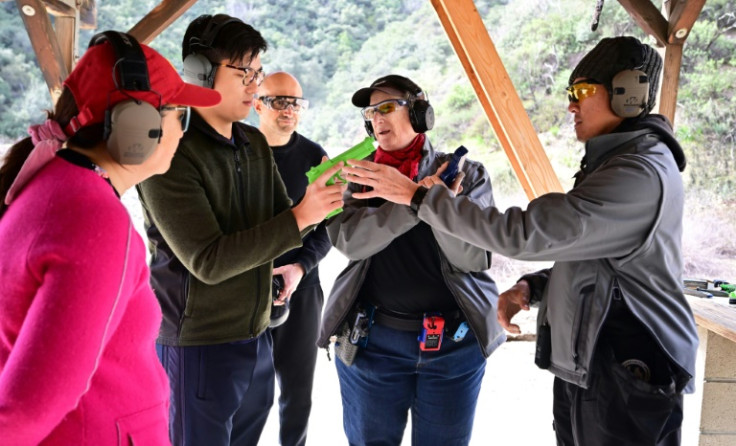
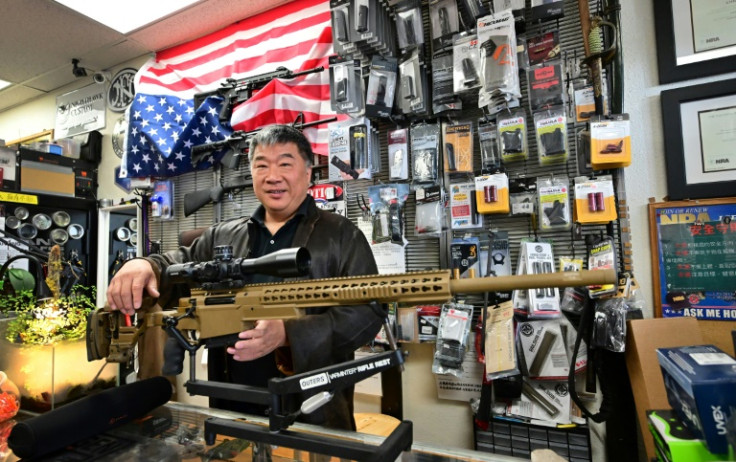
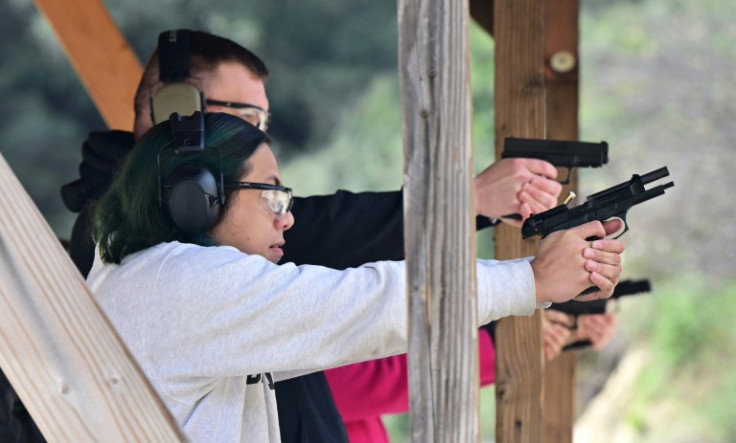
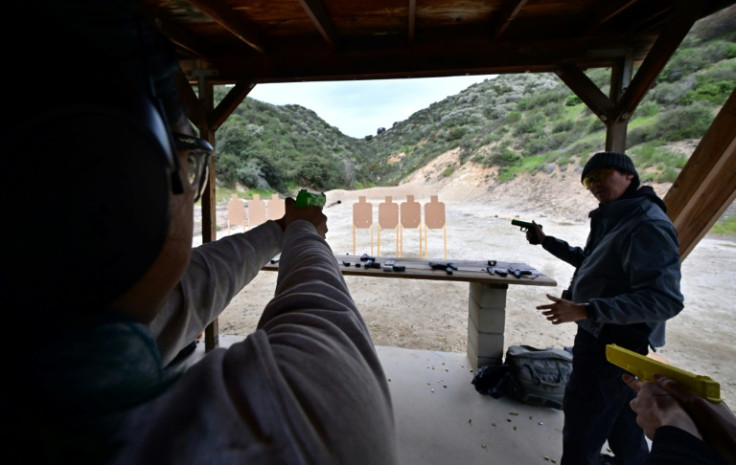
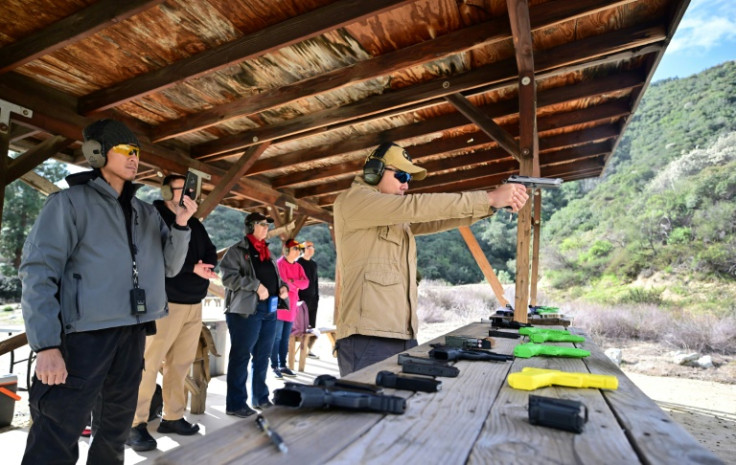
© Copyright AFP {{Year}}. All rights reserved.





















